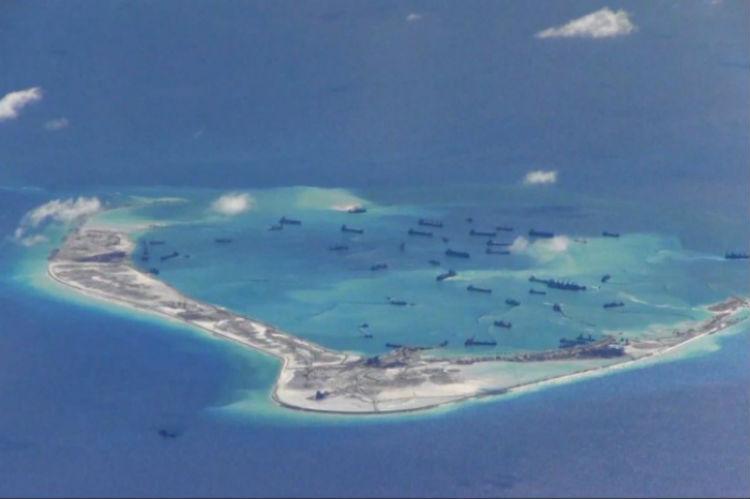The foundation of the Chinese regime’s legal case and strategy for exploiting the South China Sea rested on a supposed historical ownership—and on July 12, an arbitration court in The Hague declared that this foundation is false.
The Chinese Communist Party (CCP) quickly shot back. A statement from its Foreign Ministry says it views the tribunal’s decision as “null and void and has no binding force,” and says it “neither accepts nor recognizes it.”





